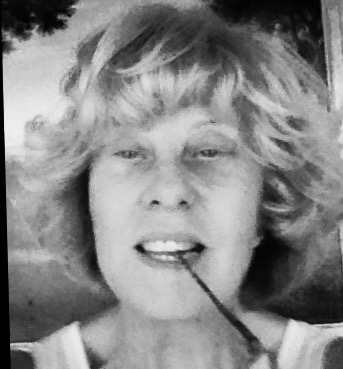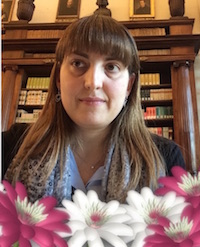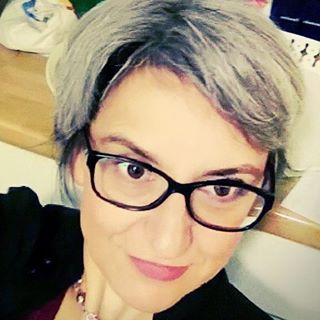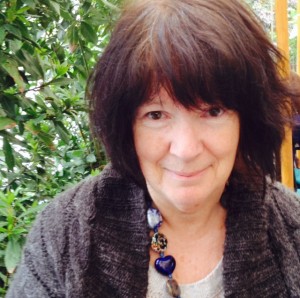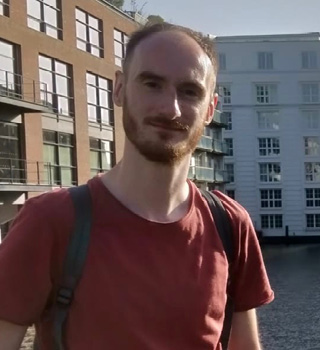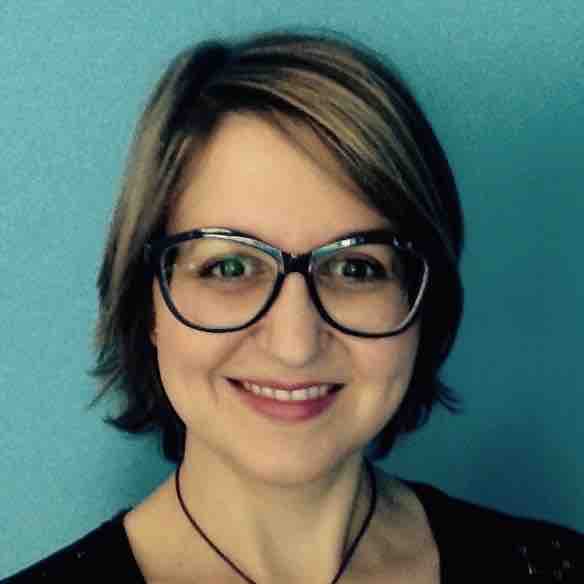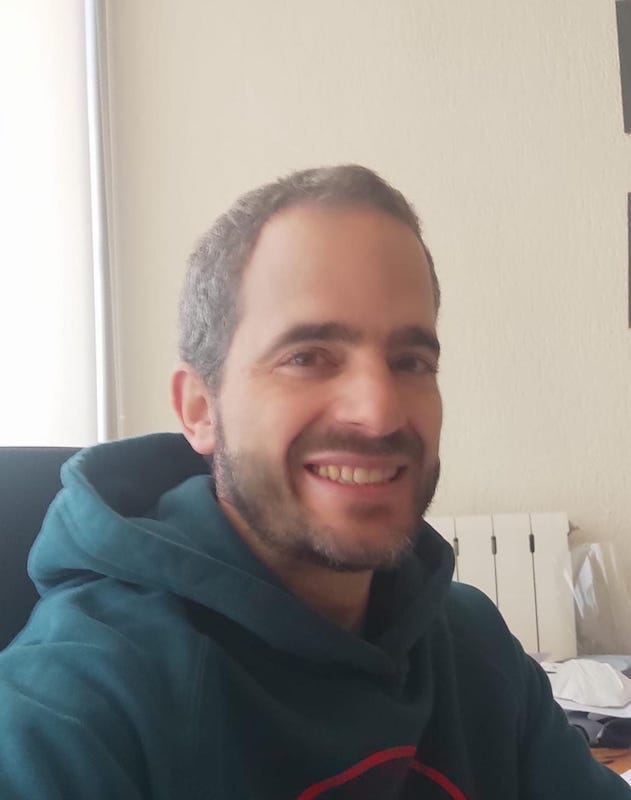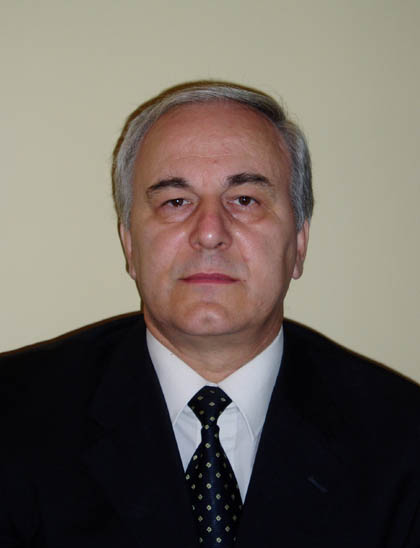Studying at the University of Verona
Here you can find information on the organisational aspects of the Programme, lecture timetables, learning activities and useful contact details for your time at the University, from enrolment to graduation.
Academic calendar
The academic calendar shows the deadlines and scheduled events that are relevant to students, teaching and technical-administrative staff of the University. Public holidays and University closures are also indicated. The academic year normally begins on 1 October each year and ends on 30 September of the following year.
Course calendar
The Academic Calendar sets out the degree programme lecture and exam timetables, as well as the relevant university closure dates..
| Period | From | To |
|---|---|---|
| I SEMESTRE | Oct 3, 2016 | Jan 21, 2017 |
| II SEMESTRE | Feb 27, 2017 | Jun 10, 2017 |
| Session | From | To |
|---|---|---|
| Lingue - SESSIONE INVERNALE | Jan 23, 2017 | Feb 25, 2017 |
| Lingue - SESSIONE ESTIVA | Jun 12, 2017 | Jul 29, 2017 |
| Lingue - SESSIONE AUTUNNALE | Aug 21, 2017 | Sep 23, 2017 |
| Session | From | To |
|---|---|---|
| Lingue - Sessione di laurea invernale | Apr 3, 2017 | Apr 8, 2017 |
| Lingue - Sessione di laurea estiva | Jul 10, 2017 | Jul 15, 2017 |
| Lingue - Sessione di laurea autunnale | Dec 18, 2017 | Dec 21, 2017 |
| Lingue - sessione di laurea invernale | Mar 23, 2018 | Mar 29, 2018 |
| Period | From | To |
|---|---|---|
| Festa di Ognissanti | Nov 1, 2016 | Nov 1, 2016 |
| Festa dell'Immacolata | Dec 8, 2016 | Dec 8, 2016 |
| Vacanze Natalizie | Dec 23, 2016 | Jan 7, 2017 |
| Vacanze Pasquali | Apr 14, 2017 | Apr 18, 2017 |
| Festa della Liberazione | Apr 25, 2017 | Apr 25, 2017 |
| Festa del Lavoro | May 1, 2017 | May 1, 2017 |
| FESTA DEL SANTO PATRONO SAN ZENO | May 21, 2017 | May 21, 2017 |
| Festa della Repubblica | Jun 2, 2017 | Jun 2, 2017 |
| Vacanze Estive | Aug 14, 2017 | Aug 19, 2017 |
Exam calendar
Exam dates and rounds are managed by the relevant Foreign Languages and Literatures Teaching and Student Services Unit.
To view all the exam sessions available, please use the Exam dashboard on ESSE3.
If you forgot your login details or have problems logging in, please contact the relevant IT HelpDesk, or check the login details recovery web page.
Should you have any doubts or questions, please check the Enrollment FAQs
Academic staff
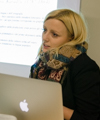
Bradas Marija
 marija.bradas@univr.it
marija.bradas@univr.it
 paolamaria.caleffi@univr.it
paolamaria.caleffi@univr.it
 cecilia.cantalupi@univr.it
cecilia.cantalupi@univr.it
 raffaele.cutolo@univr.it
raffaele.cutolo@univr.it
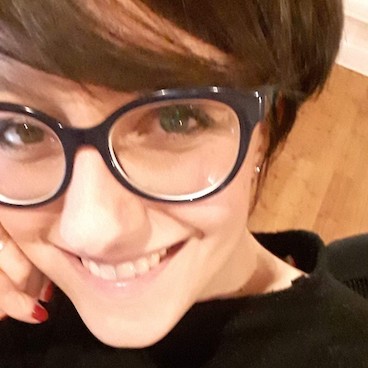
Maiolini Elena Valentina
 elena.maiolini@univr.it
elena.maiolini@univr.it
 stella.merlin@univr.it
stella.merlin@univr.it
 sara.paolini@univr.it
sara.paolini@univr.it
 alberto.scandola@univr.it
alberto.scandola@univr.it
 silvia.zollo@univr.it
silvia.zollo@univr.it
Study Plan
The Study Plan includes all modules, teaching and learning activities that each student will need to undertake during their time at the University.
Please select your Study Plan based on your enrollment year.
1° Year
| Modules | Credits | TAF | SSD |
|---|
1st foreign language2nd foreign language1st foreign literature2nd foreign literatureOne course to be chosen among the following2° Year activated in the A.Y. 2017/2018
| Modules | Credits | TAF | SSD |
|---|
1st foreign language2nd foreign language1st foreign literature2nd foreign literatureOne course to be chosen among the following3° Year activated in the A.Y. 2018/2019
| Modules | Credits | TAF | SSD |
|---|
1st foreign language2nd foreign language1st foreign literature2nd foreign literatureOne course to be chosen among the followingOne course to be chosen among the following| Modules | Credits | TAF | SSD |
|---|
1st foreign language2nd foreign language1st foreign literature2nd foreign literatureOne course to be chosen among the following| Modules | Credits | TAF | SSD |
|---|
1st foreign language2nd foreign language1st foreign literature2nd foreign literatureOne course to be chosen among the following| Modules | Credits | TAF | SSD |
|---|
1st foreign language2nd foreign language1st foreign literature2nd foreign literatureOne course to be chosen among the followingOne course to be chosen among the following| Modules | Credits | TAF | SSD |
|---|
Legend | Type of training activity (TTA)
TAF (Type of Educational Activity) All courses and activities are classified into different types of educational activities, indicated by a letter.
Russian Literature 3 (2018/2019)
Teaching code
4S002953
Teacher
Coordinator
Credits
9
Language
Russian
Scientific Disciplinary Sector (SSD)
L-LIN/21 - SLAVIC STUDIES
Period
I semestre dal Oct 1, 2018 al Jan 12, 2019.
Learning outcomes
The course completes the three-year path aimed at acquiring the basics of Russian literary and cultural history. It is therefore linked to courses held in the preceding years complementing them and undertaking in-depth examination of topics related to Russian works and movements.
At the end of the course students will be able to:
1) identify the main dynamics of modern and contemporary Russian historical and literary processes;
2) carry out a textual and comparative analysis using the acquired knowledge;
3) express autonomous and coherent opinions about outstanding moments of Russian cultural and historical development and analyse them properly.
Program
“The great intellectual and spiritual frenzy”: the extraordinary art life in the Pre-revolutionary Russia.
In the thirty years before the Revolution, Russian literature, in close connection with other forms of artistic expression, made an exceptional path in the name of creativity and experimentation. That was the "Russian cultural renaissance" as Nikolaj Berdjaev called it. The course will deal with authors and works of the so-called "Silver Age" as well as hints of other artistic and cultural phenomena (painting, music, theatre), showing the extraordinary awakening of creative forces occurred in the considered period.
The following literary works will be examined:
V. Rozanov, Opavšie list’ja (some extracts)
A. Belyj, Peterburg
A. Blok, Stichi o Prekrasnoj Dame (a selection of poems); Balagančik
V. Majakovskij, Oblako v stanach; Vladimir Majakovskij
An additional selection of poems by different authors will be provided on the course e-learning page.
GENERAL REFERENCE:
- AA.VV., Storia della letteratura russa. Il Novecento, Torino, Einaudi, 1991 (a selection of chapters as indicated by the teacher)
- AA.VV., Storia della civiltà letteraria russa, diretta da Michele Colucci e Riccardo Picchio, Torino, UTET, 1997 (a selection of chapters as indicated by the teacher)
- N. Werth, Storia della Russia nel Novecento, Bologna, Il Mulino, 2000
- V. Strada, Simbolo e storia. Aspetti e problemi del Novecento russo, Venezia, Marsilio, 1988 (a selection of chapters as indicated by the teacher)
- A.M. Ripellino, Il trucco e l’anima. I maestri della regia nel teatro russo del Novecento, Torino, Einaudi, 1965 (a selection of chapters as indicated by the teacher)
Further bibliographical information will be provided during the course.
| Author | Title | Publishing house | Year | ISBN | Notes |
|---|---|---|---|---|---|
| A.M. Ripellino | Il trucco e l'anima. I maestri della regia nel teatro russo del Novecento | Einaudi | 1965 | ||
| V. Strada | Simbolo e storia. Aspetti e problemi del Novecento russo | Marsilio | 1988 | ||
| M. Colucci e R. Picchio (a cura di) | Storia della civiltà letteraria russa | UTET | 1997 | ||
| AA.VV. | Storia della letteratura russa. Il Novecento. | Einaudi | 1991 | ||
| N. Werth | Storia della Russia del Novecento | Il Mulino | 2000 |
Examination Methods
Assessment through oral examination.
The evaluation will consider the following aspects:
- the possession of the fundamentals of history, culture and literature of the period concerned and the ability of understanding the phenomena
- the ability to carry out a critical analysis of the works in the programme
- the quality of personal rework and proper use of the language.
During the interview the students will be also asked to read, translate and comment the texts in Russian language analysed in class.
This exam cannot be taken before passing Russian Literature 2 and Russian Language 2.
Type D and Type F activities
To discover all the teaching activities accredited by the foreign teaching college click here
Career prospects
Module/Programme news
News for students
There you will find information, resources and services useful during your time at the University (Student’s exam record, your study plan on ESSE3, Distance Learning courses, university email account, office forms, administrative procedures, etc.). You can log into MyUnivr with your GIA login details: only in this way will you be able to receive notification of all the notices from your teachers and your secretariat via email and soon also via the Univr app.
Student login and resources
Gestione carriere
Assegnazione tutore
Attività accreditate D/F
Calendario didattico dettagliato
Cambio lingua curriculare
Competenze informatiche
Competenze linguistiche (prima e seconda lingua)
Competenze linguistiche in triennale (terza lingua CFU F)
Compilazione del piano didattico
Corso di Lingua portoghese
Erasmus+ e altre esperienze all'estero
Linguistic training CLA
Presentazione dei corsi di studio e Open day
Graduation
Saperi minimi
Stage e tirocini
Le attività di stage sono finalizzate a far acquisire allo studente una conoscenza diretta in settori di particolare interesse per l’inserimento nel mondo del lavoro e per l’acquisizione di abilità professionali specifiche.
Le attività di stage sono svolte sotto la diretta responsabilità di un singolo docente presso studi professionali, enti della pubblica amministrazione, aziende accreditate dall’Ateneo veronese.
I crediti maturati in seguito ad attività di stage saranno attribuiti secondo quanto disposto nel dettaglio dal “Regolamento d’Ateneo per il riconoscimento dei crediti maturati negli stage universitari” vigente.
- Tutte le informazioni in merito agli stage per futuri studenti sono disponibili alla pagina Stage e tirocini.
- Tutte le informazioni in merito agli stage per studenti iscritti sono pubblicate in MyUnivr - come fare per - stage e tirocini.
- Tutte le informazioni in merito agli stage per le aziende sono disponili alla pagina Stage e tirocini per azienze.
Ulteriori informazioni al seguente link https://www.univr.it/it/i-nostri-servizi/gestione-carriere-studenti-lingue-e-letterature-straniere/stage-e-tirocini-lingue-e-letterature-straniere

 +39 045802 8409
+39 045802 8409



